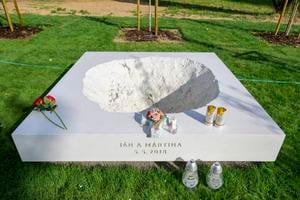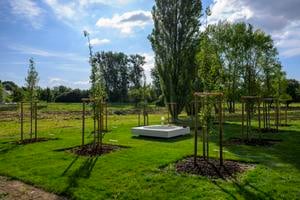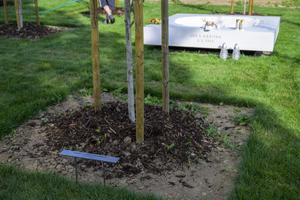Good evening. Here is the Monday, June 30 edition of Today in Slovakia - the main news of the day in a few minutes.
Fico reopens debate on electoral reform
Over the weekend, Prime Minister Robert Fico (Smer) again raised the possibility of changing Slovakia's election law. Speaking on the political programme Sobotné dialógy on public broadcaster STVR, he said there should be a debate about introducing higher electoral deposits and raising the threshold for parties to enter parliament, reports the TASR newswire.
The proposal comes in response to comments by SNS chair Andrej Danko, who had called for political parties to form larger electoral block in agreement with Fico's earlier remarks in June about the need to "radically" reduce the number of political parties in the country. According to Fico, parties would be encouraged to merge into broader alliances with shared programmes and visions.
While he agreed with Danko that "forces will have to be joined", he stressed that the first step should be raising the electoral threshold from 5 to 7 percent and increasing deposits for candidates.
Fico reiterated his view that Slovakia cannot function effectively with "a hundred parties", with as many as 20 running in elections. He argued that such fragmentation hinders the country's development. He made similar comments earlier this month during a trip to Uzbekistan, where he claimed Slovakia could benefit from a smaller number of political parties.
In his view, future governments should ideally be formed by one or two strong political blocs, elected in free and democratic elections.
These may be the first changes: On Monday, the Interior Ministry submitted a draft proposal for consultation concerning changes to the financing of political parties. The measures include cutting state contributions to parties during periods of economic hardship, limiting funding only to parties that win parliamentary seats, raising electoral deposits, increasing the threshold to receive state contributions from 3 to 5 percent of the vote.
Progressive Slovakia leader Michal Šimečka criticised the proposal, calling it an attempt by Fico to "cement" his power.
“The Prime Minister sees support for his party declining. He knows that this government may not be able to form a new majority after the next election. So he is trying to bend the rules of democracy and change the way political competition works in Slovakia,” Šimečka said, as quoted by TASR, adding that Fico appears to be steering Slovakia toward an authoritarian system, referencing the his favourable remarks about one-party states such as China, Vietnam, and Uzbekistan.
Experts warn of threats to democracy: Political scientist Aneta Világi from Comenius University expressed reservations about Fico's push to reduce the number of political parties. Speaking to TASR after he revealed the ideas earlier in June, she said that registering a political party does not burden the state, nor does it restrict the exercise of power or strain public finances. "Freedom of association, including the right to form political parties, and political pluralism are fundamental to democracy," she said. "I see no rational justification for curbing either." She added that Fico's argument—that fewer parties would improve economic efficiency—is not supported by facts or historical evidence.
Juraj Marušiak from the Slovak Academy of Sciences also criticised the proposals, suggesting that Fico would welcome changes that ensure Smer's continued dominance. "In a democracy, voters decide how many parties should sit in parliament. Anything else is social engineering," he said. Describing the idea of "too many parties" as a "strawman argument," he warned that raising electoral thresholds and deposits poses a serious risk to democracy and political plurality.
MORE STORIES FROM THE SLOVAK SPECTATOR WEBSITE
LAST WEEK: Slovakia's partners, who by now must be used to the schizophrenic foreign policy of the government, have seen the country's very different faces during the last week.
BUSINESS: Weighed down by mounting debt, car supplier Calearo Slovakia closed its plant in Šamorín. The company's liabilities have exceeded €14 million.
MINORITIES: Prešov hosted its first-ever Pride Day in a grassroots effort, marking a turning point for the local queer community.
SECRET STORIES: Twenty-four years ago, three Irishmen tried to buy Semtex in a Slovak spa town. They found British intelligence instead.
If you like what we are doing and want to support good journalism, buy our online subscription with no ads and a print copy of The Slovak Spectator sent to your home in Slovakia. Thank you.
FEATURE STORY
What's new in the science in Slovakia?
A lot has happened in the past two months in science in Slovakia. The new chair of the Slovak Academy of Sciences was appointed in early June. The academy has also launched another edition of its grant programme aimed at foreign scientists. In this overview, you will also find a selection of research conducted at universities and other institutions in the country.
EVENT FOR THE MONTH
Literary festival returns with a focus on exile
Running from July 4 to August 3 at Rómer House in Bratislava, the popular Authors' Reading Month festival returns with a new edition. This year's theme is Exile, featuring 31 writers from countries such as China, Venezuela, and Angola—nations whose authors have been forced to leave their homelands. In Slovakia, events will also take place in Trenčín and Prešov. Find out more here.
IN OTHER NEWS
From Monday, June 30, public transport in many Slovak towns is operating on its summer holiday schedule during weekdays, due to reduced passenger numbers. Some regional lines are affected as well. This means longer intervals between services. (IMHD)
UEFA has disqualified DAC 1904 Dunajská Streda from the 2025–26 Conference League due to a potential conflict with its multi-club ownership rule. Club owner Oszkár Világi also owns Hungary's FC ETO Győr, and both teams had qualified for the same competition. Since Hungary's league has a better UEFA coefficient, Győr was allowed to participate. (Denník N)
Prime Minister Robert Fico (Smer) will meet Ukrainian Prime Minister Denys Shmyhal in the autumn, likely in September or October. However, Fico has ruled out a meeting with President Volodymyr Zelensky, saying there is no reason for it. "My meeting with Zelensky makes no sense because he hates me—simply for expressing my own views on the war in Ukraine," Fico said on STVR's political programme Sobotné Dialógy. (TASR)
Slovakia's leading startup competition, Startup Awards Slovakia, has launched its 13th edition. Applications are open until September 28, 2025. This year introduces several new features: the ceremony will take place in Košice for the first time, a new student category has been added, and early applicants will receive expert feedback to help improve their entries. (SASK)
A spring survey in the High Tatras, conducted by experts and volunteers from Slovakia and Poland, counted 740 chamois—a decline of 209 since autumn 2024, or 22 percent. Of these, 491 were in the Slovak High Tatras and 249 on the Polish side. Despite the drop, zoologists say the number of young animals offers some hope. (TANAP)
The chairlift connecting the village of Dedinky with the Geravy plateau in Slovenský Raj National Park is back in service. It had been temporarily halted following a safety recommendation during an inspection prompted by a similar incident in Spain. (Lanovka na Geravy)
WEATHER FOR TUESDAY: Expect mostly sunny skies, with temperatures still remaining high, ranging from 22°C to 32°C. (SHMÚ)
JULY 1 NAME DAY IN SLOVAKIA: Diana
Thank you for subscribing and reading. It means a lot to us.
P.S. If you have suggestions on how our news overview can be improved, you can reach us at editorial@spectator.sk.
Follow The Slovak Spectator on Facebook, LinkedIn and Instagram(@slovakspectator).


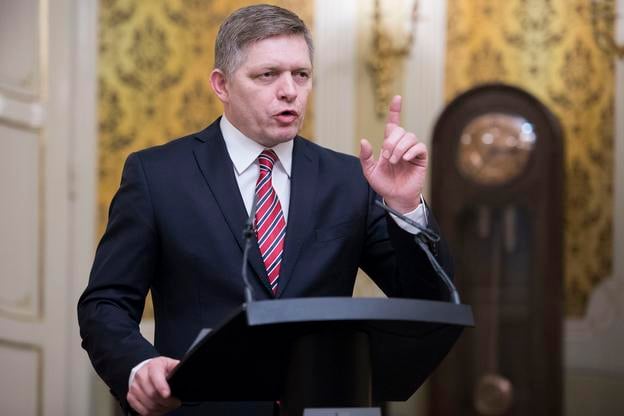 Prime Minister Robert Fico. (source: Marko Erd)
Prime Minister Robert Fico. (source: Marko Erd)
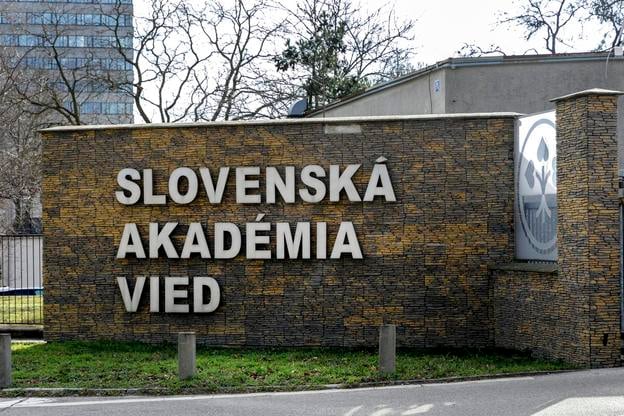 The Slovak Academy of Sciences. (source: TASR)
The Slovak Academy of Sciences. (source: TASR)
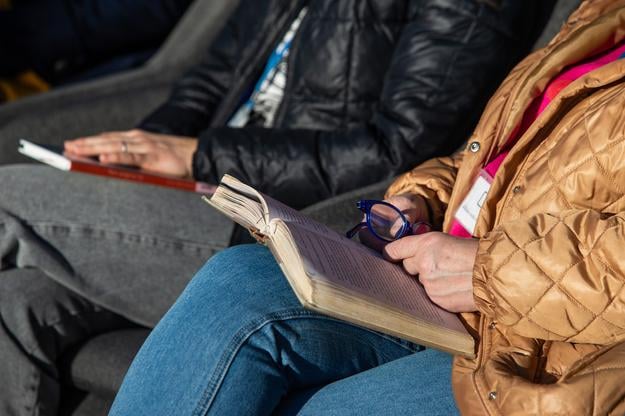 Illustrative image. (source: TASR)
Illustrative image. (source: TASR)
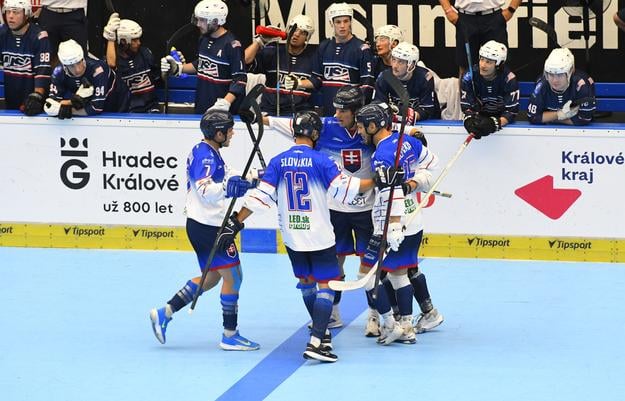 Slovakia's U23 ball hockey team claimed bronze at the World Championship in Hradec Králové, Czechia, with a dramatic 6–5 overtime win against the United States. The U16 team also secured bronze after a tight 5–4 victory over Canada. (source: TASR)
Slovakia's U23 ball hockey team claimed bronze at the World Championship in Hradec Králové, Czechia, with a dramatic 6–5 overtime win against the United States. The U16 team also secured bronze after a tight 5–4 victory over Canada. (source: TASR)
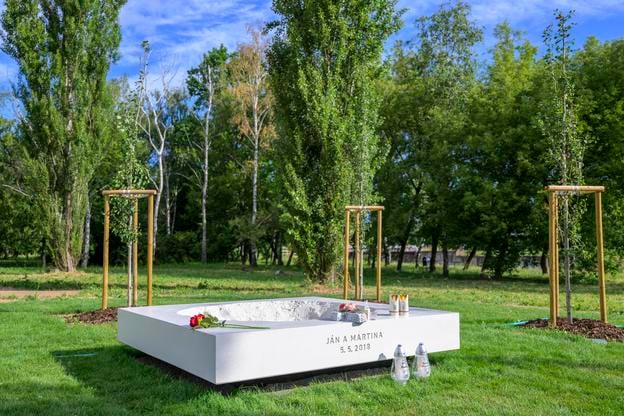 Journalist Ján Kuciak and archaeologist Martina Kušnírová were planning to marry in May 2018, but were murdered in February of that year, because of Kuciak's investigative reporting. A new memorial honouring the wedding that never happened was unveiled on Friday, June 27 in Prešov. As part of a local tradition where newlyweds plant a tree, the monument is shaped like a tree hole that will never be filled. Instead, 15 couples will plant trees around it. (source: TASR)
Journalist Ján Kuciak and archaeologist Martina Kušnírová were planning to marry in May 2018, but were murdered in February of that year, because of Kuciak's investigative reporting. A new memorial honouring the wedding that never happened was unveiled on Friday, June 27 in Prešov. As part of a local tradition where newlyweds plant a tree, the monument is shaped like a tree hole that will never be filled. Instead, 15 couples will plant trees around it. (source: TASR)
